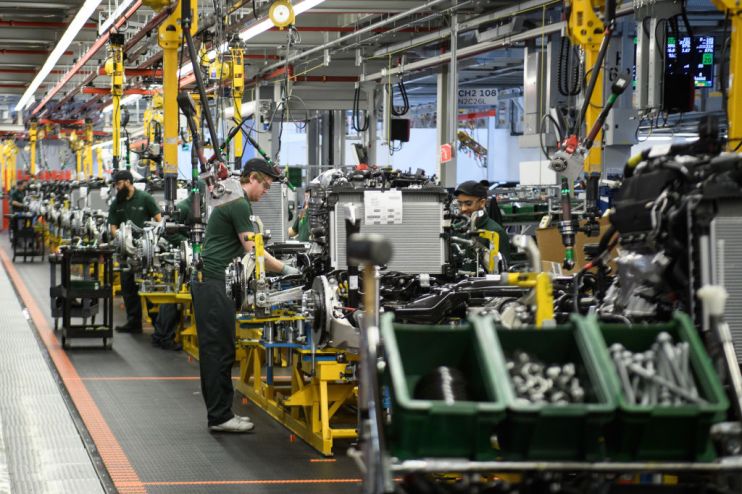Johnson Matthey warns of economic uncertainty as it offloads bulk of battery unit in £50m deal

Johnson Matthey has warned investors it expects its operating profits this year to fall into the lower half of market estimates, as supply disruption from China’s lockdowns and component sourcing from Ukraine hurt its auto customers.
The London-listed company makes over half its revenues from producing catalytic converters and other pollution filters for cars.
The devices absorb harmful emissions, and have become increasingly popular during the transition period to greener vehicles with tightening emission standards.
It has now reported underlying operating profits of £553m for the full-year ending on March 31, a vast increase on the £473m earnings reported in year before.
However, the firm forecasts a more challenging period at the company in the coming months.
It said: “For 2022/23, we are facing a period of greater political and economic uncertainty with a combination of factors that may affect the year ahead.”
The company has also outlined a “transformation programme”, aimed at delivering £150m of annual cost savings by 2025.
Meanwhile, Johnson Matthey is exiting its battery materials business and shifting focus to its core hydrogen technologies and emission control catalysts businesses.
It has announced it will sell the bulk of its battery material division to a privately owned Australian group, EV Metals for £50m, the day after Nano One Materials purchased the Canadian arm of the British company’s division.
The company first revealed its intentions to offload the sector in November, concerned the potential returns from the sector would be insufficient in an increasingly commoditised market.
The proposed sale includes Johnson Matthey’s battery technology centres in Oxford and Billingham, a research centre in Germany plus a partly constructed eLNO site in Poland.
eLNO is a jet-black substance made from nickel, cobalt and lithium, that the company believes could boost the electric vehicle industry by increase the range of batteries.
It has been investing heavily in the technology, building eLNO production sites in Poland and Finland at a cost of £800-850m.
As part of the deal, which is expected to be completed in the summer, Johnson Matthey will take a stake in EV Metals and take a seat on its board.
The wider company has also been subject to takeover speculations in recent weeks after industrial investor Standard Industries bought a stake in the company, and following recent reports that South Korea’s LG Chem was scouting for overseas acquisitions.
Shares are down nearly four per cent on the FTSE 250 following today’s announcements.